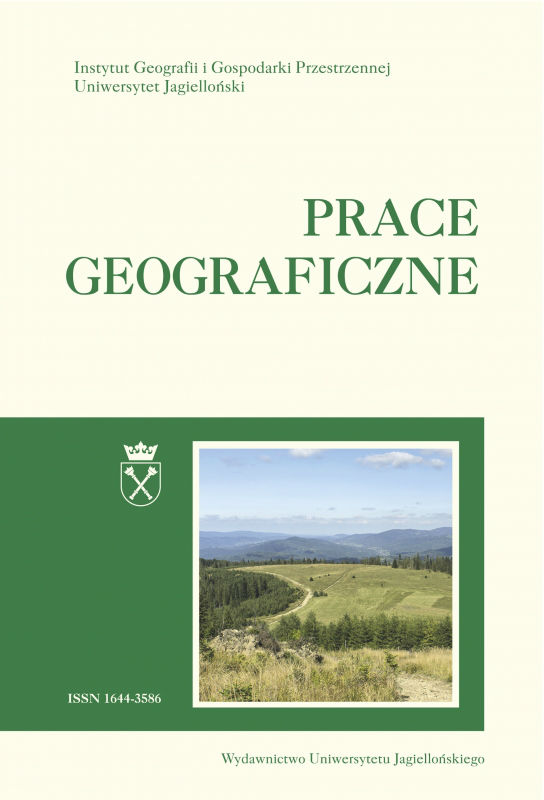Dezintegracja zlepieńców miejsko-wiejskich w Polsce w latach 2008 – 2016
Disintegration of urban-rural conglomerates in Poland
Author(s): Robert SzmytkieSubject(s): Politics / Political Sciences, Geography, Regional studies, Human Geography, Regional Geography, Public Administration, Sociology, Social development, Rural and urban sociology
Published by: Wydawnictwo Uniwersytetu Jagiellońskiego
Keywords: urban-rural conglomerates; disintegration processes; secession processes; territorial division; administrative changes of towns;
Summary/Abstract: The main object of this paper was an analysis of the causes and effects of the disintegration of urban-rural conglomerates ( urban communes with a dual, urban and rural spatial character ). In the years 2008 – 2016 four urban communes changed their status into urban-rural ( Szczawnica in 2008, Czarna Woda in 2014, Władysławowo in 2015 and Pieszyce in 2016 ), which involved a secession of 15 rural administrative units. In the justifications of the Council of Ministers regulations financial benefits and functional, structural-spatial and social factors were indicated as the reasons for, that the changes in the status of communes. In the nearest years secession tendencies are most probable in the case of towns divided into rural administrative units and towns containing separate settlements of a rural character ( former villages ). Secession of rural administrative units in the case of urban communes can be formally conducted in three ways : changing the commune status from urban to urban-rural, dividing the urban commune into two communes ( urban and rural ) and through the incorporation of rural administrative units functioning in city borders into existing rural communes.
Journal: Prace Geograficzne
- Issue Year: 2016
- Issue No: 147
- Page Range: 145-168
- Page Count: 24
- Language: Polish

